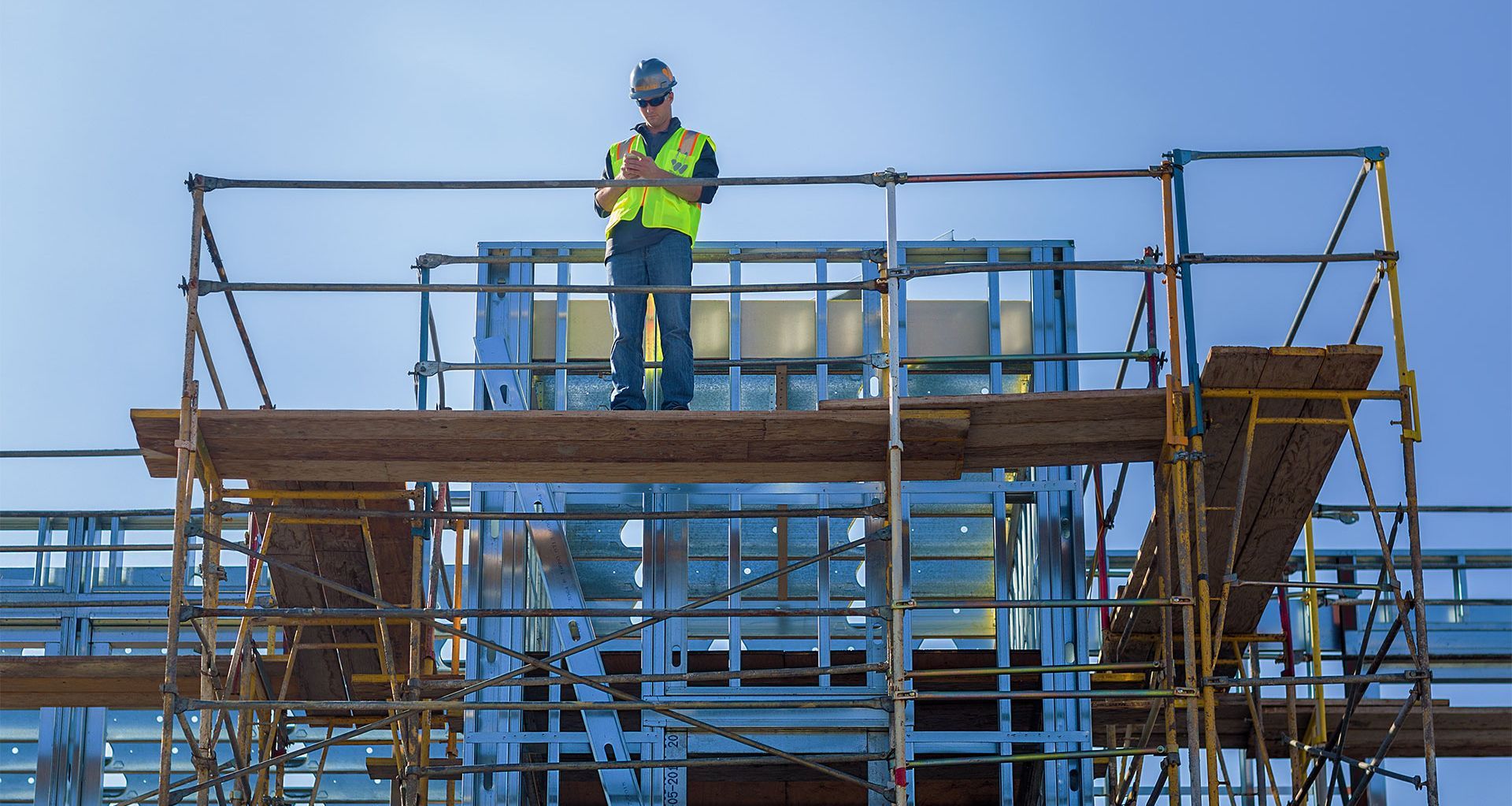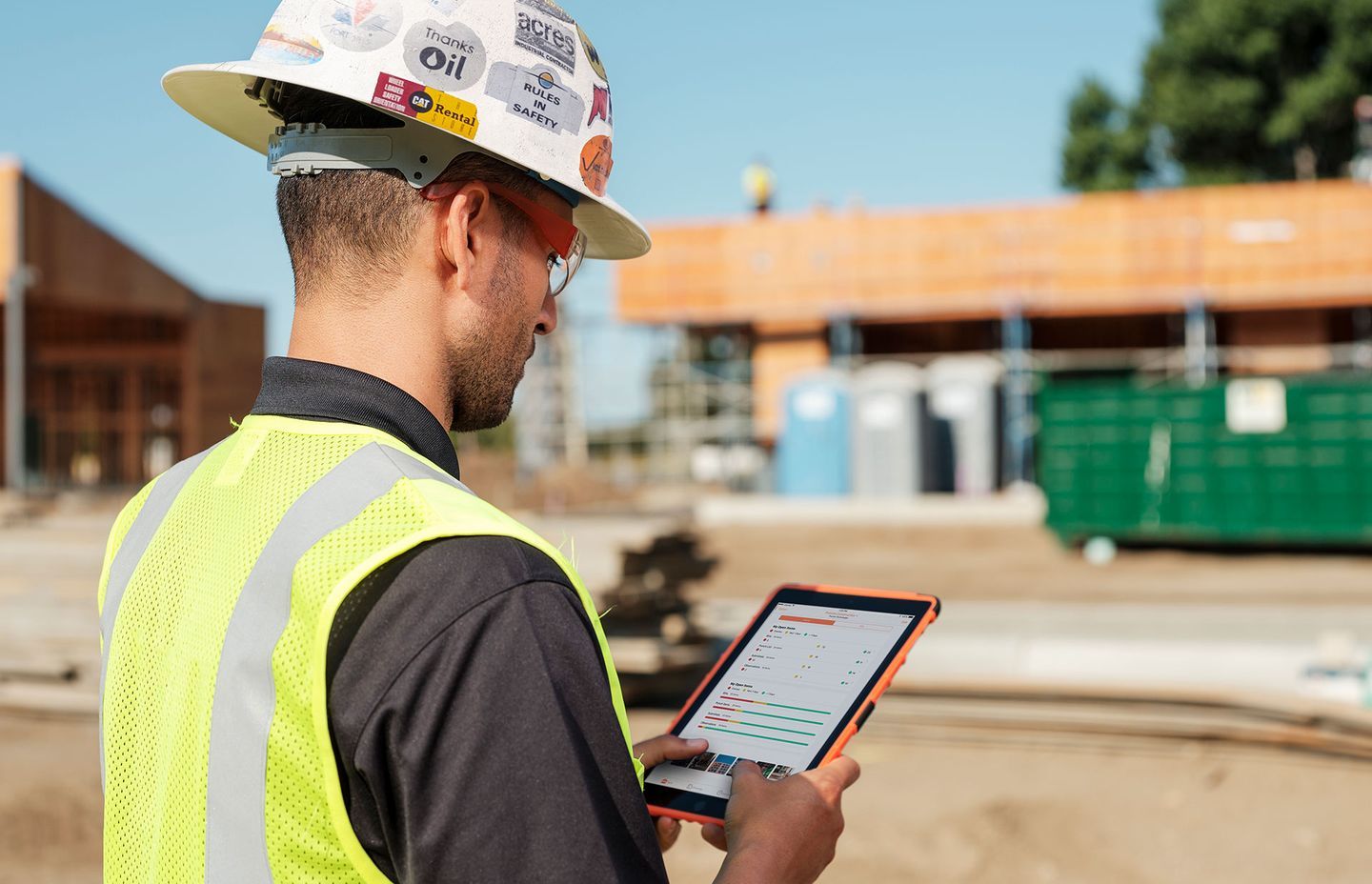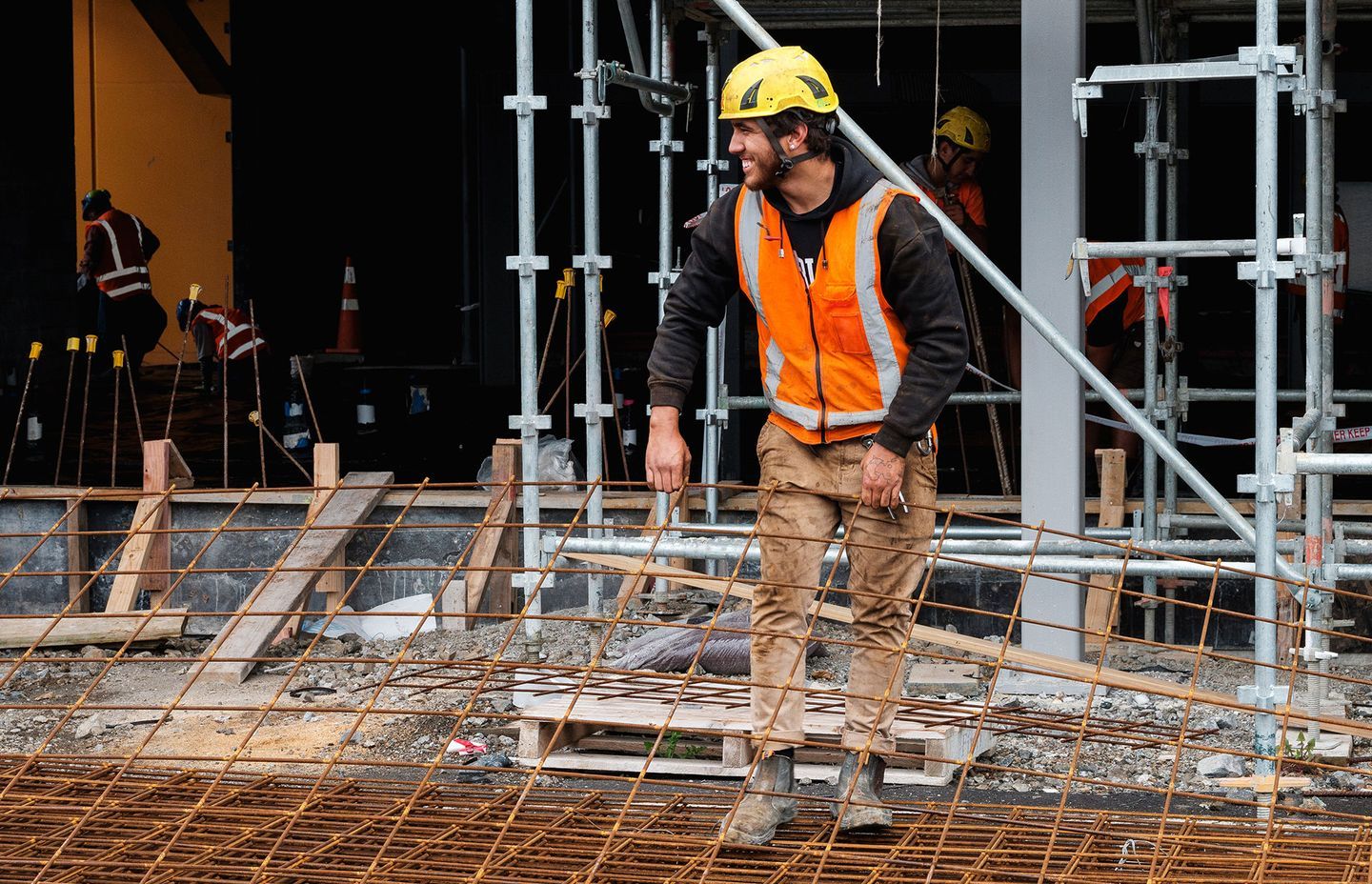Industry insights
Written by
25 February 2021
•
4 min read

Throughout 2020, the scale of disruption to the construction industry on a social, economic and business level was unlike any in living memory. Across the Asia-Pacific region, COVID-19—and earlier bushfires across Australia—saw construction sites shut down, workers turning to remote operations and safety in the workplace becoming an even higher priority.
Amid all the chaos and uncertainty, the pandemic may very well have given the industry the shake up it needed, by forcing a rapid acceleration in the uptake and evolution of technologies designed to enhance quality and safety, virtual collaboration, productivity and cost efficiencies—which many in the industry had said was only a matter of time to full adoption anyway.
Technologies such as BIM have been a mainstay throughout Europe and the US for a decade and have been gaining significant traction in this part of the world as well. What the industry saw, due to the pandemic and resulting shut-downs, was that companies with digital tools could pivot to a significant degree of remote working that allowed them to maintain a level of business continuity.
Significant research has been conducted across the industry to gauge the full extent of the pandemic and the changes it has wrought and the following snapshot—taken from the Procore 2021 TechTrends ebook—provides an insight into what will be the ‘new normal’ for the industry—a digital world where technologies and people collaborate across time, space and device types.

Trend 1: Technology changing how we work
Terms such as: the Internet of Things (IoT); Virtual inspections and Internet of Behaviours are going to be standard industry terms—if they’re not already—by the time 2021 draws to a close and with them, comes a whole new raft of digital jobs, which will take the industry in a whole new direction.
According to McKinsey research—which looked at 2000 tasks across 800 jobs in 20 countries—as much as 15 per cent of the work involved in construction could be performed remotely, ie: off site, without any loss of productivity.
Trend 2: Automation and AI
Global economists have been anticipating a ‘rise of the machines’ reality since the early part of the last decade, with some analysts predicting that many tens of millions of jobs will be displaced due to automation and AI. Of course, many millions of jobs will also be created, so it’s not quite as bleak as it would first appear and for many of us, automation and AI is already commonplace—particularly in the areas such as value chain improvements, design, delivery, compliance and asset operation, as well as automated and autonomous equipment.
The area where automation and AI will continue to have the biggest ongoing impact to the industry will be in reducing the environmental impact of construction, especially as interest in circular economy approaches and verifiable data increases. Technologies including blockchain, digital materials passports and AI-enabled digital platforms with product information are all enablers.
Trend 3: Digital Twins
With its roots in engineering product specifications, digital twinning is the generation or collection of digital data representing a physical object. In the construction industry, increasing project complexity and rising demand for real-time insights into asset performance, have been driving both policy and practice within the digital twin space.
As a result, one of the biggest gains from this technology is around compliance. Being able to assess manufactured objects against digitised design specifications means deficiencies can be identified and corrected in real-time, greatly minimising the impact of delays to downstream processes; saving both time and money, which everyone agrees is critical for an industry that wants to stay relevant in an increasingly digital world.

Are you ready for the digital transformation?
Optimising construction outcomes in terms of quality, safety, and financials is the ultimate benefit of digital transformation. Change and progress start from the ground up. What’s needed is a sound toolkit of digital productivity, project management and business management systems.